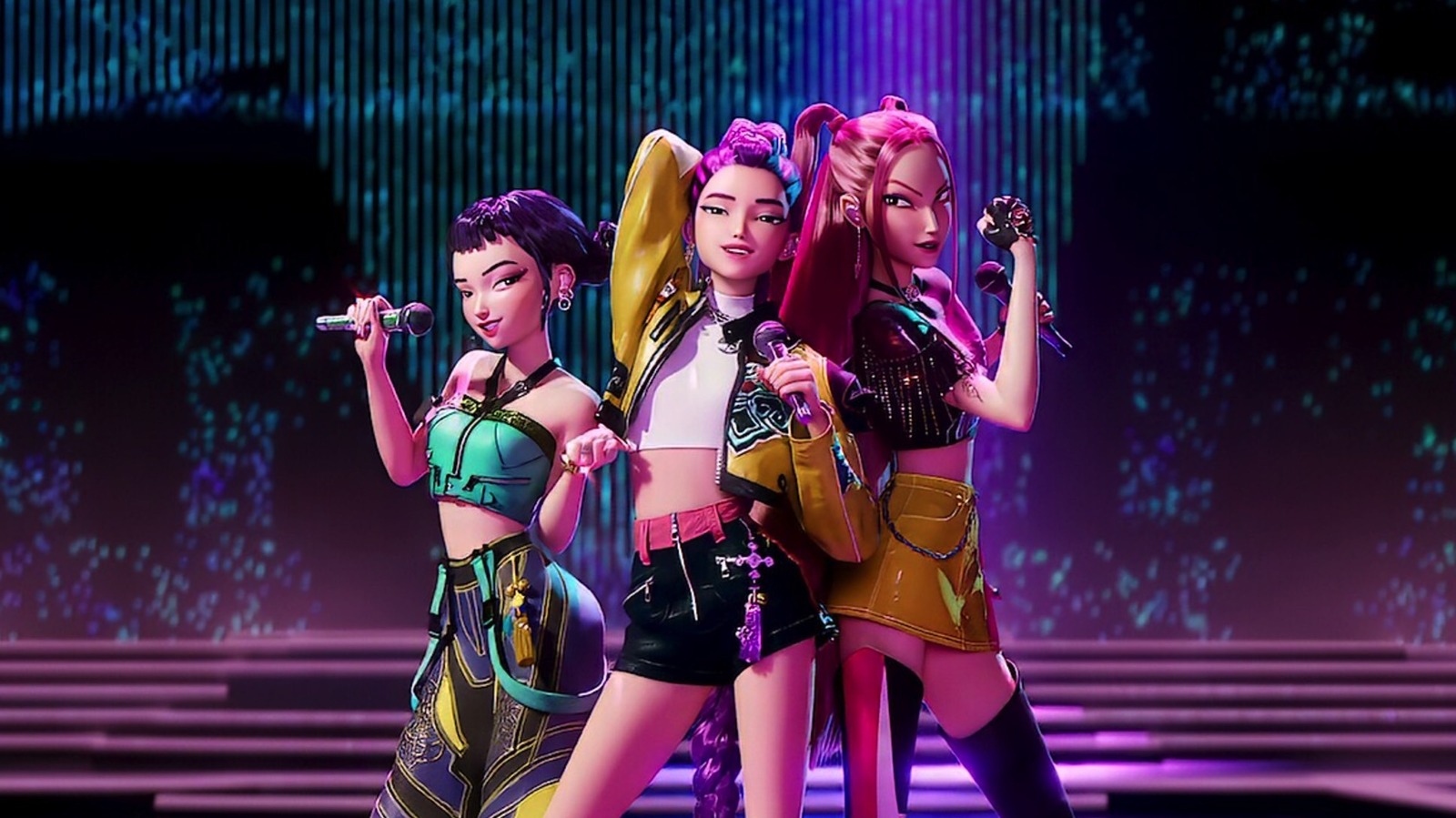The KPop Demon Hunters controversy has sparked widespread discussion among fans and critics alike. Central to the debate is whether the song 'Soda Pop' was entirely written with the assistance of ChatGPT, an advanced AI language model. This controversy highlights broader concerns about the role of artificial intelligence in creative industries and the authenticity of AI-generated content.
Initially, the KPop Demon Hunters, a popular group known for their innovative approach, released 'Soda Pop' to great fanfare. However, soon after, rumors began circulating that the song's lyrics and composition might have been generated by AI, specifically ChatGPT. Fans and industry insiders questioned the originality of the song, pondering whether human creativity was truly involved or if AI played a significant role in its creation.
To address these concerns, the group's management issued a statement denying that ChatGPT or any AI tools were used in the songwriting process. They emphasized that the song was crafted by the group's members and professional songwriters, asserting that the AI rumors were unfounded. Despite this, skeptics remain unconvinced, citing the song's highly polished lyrics and structure as possible indicators of AI assistance.
The controversy has broader implications for the music industry, especially as AI technology becomes more sophisticated and accessible. Critics argue that AI can undermine the authenticity of artistic expression, while supporters believe it can serve as a valuable tool for inspiration and efficiency. The debate touches on questions about originality, intellectual property, and the future of creative work in an AI-driven world.
Moreover, the incident has prompted discussions about transparency and disclosure in music production. Should artists disclose AI involvement if it significantly influences their work? How can fans discern genuine artistry from AI-generated content? These questions are increasingly relevant as AI continues to evolve and integrate into various creative processes.
In conclusion, the KPop Demon Hunters' 'Soda Pop' controversy exemplifies the ongoing tension between human creativity and artificial intelligence. While the group maintains that their song was created without AI assistance, the suspicion persists, reflecting broader societal debates about authenticity and the future of art in the digital age. As technology advances, these discussions are likely to become more prominent, shaping the way we perceive and value creative works.
